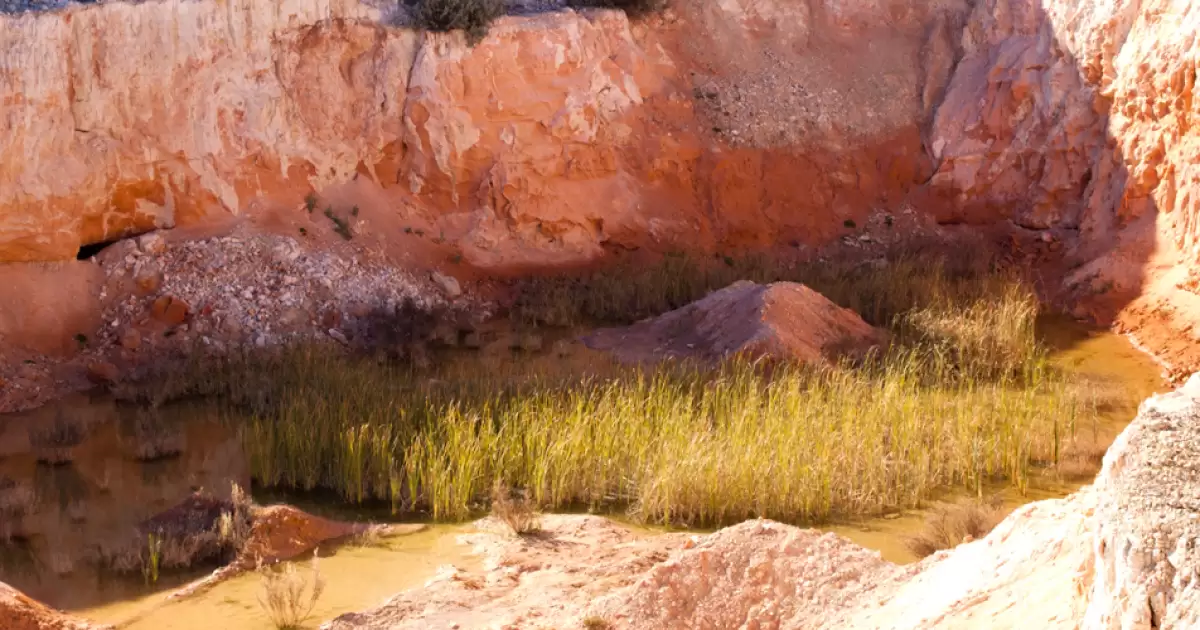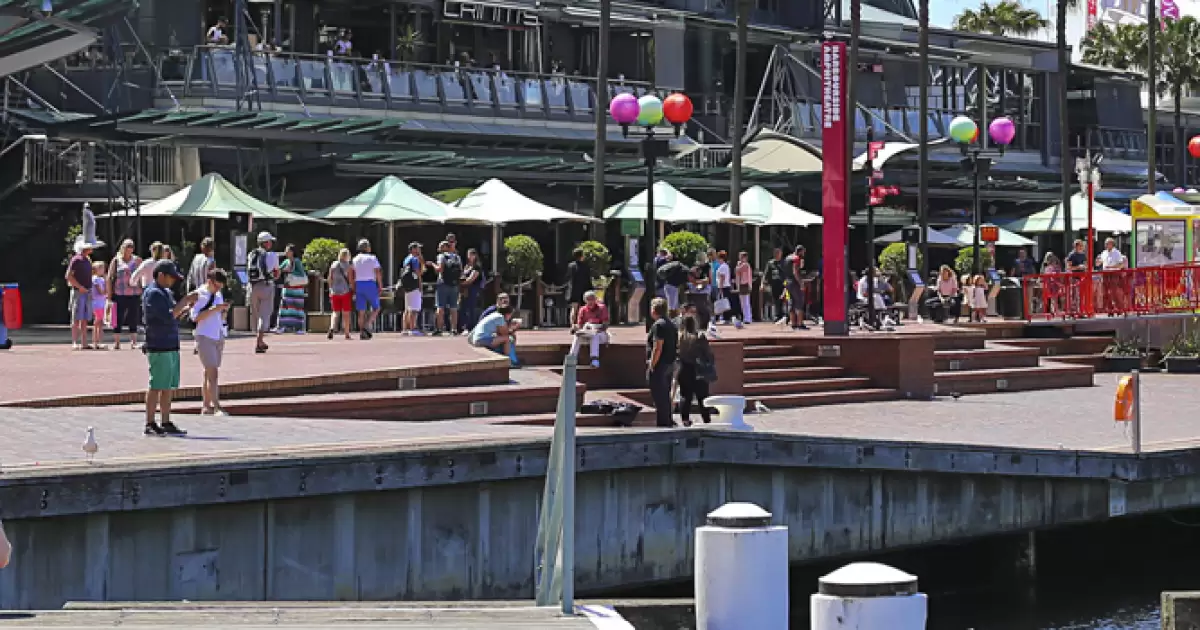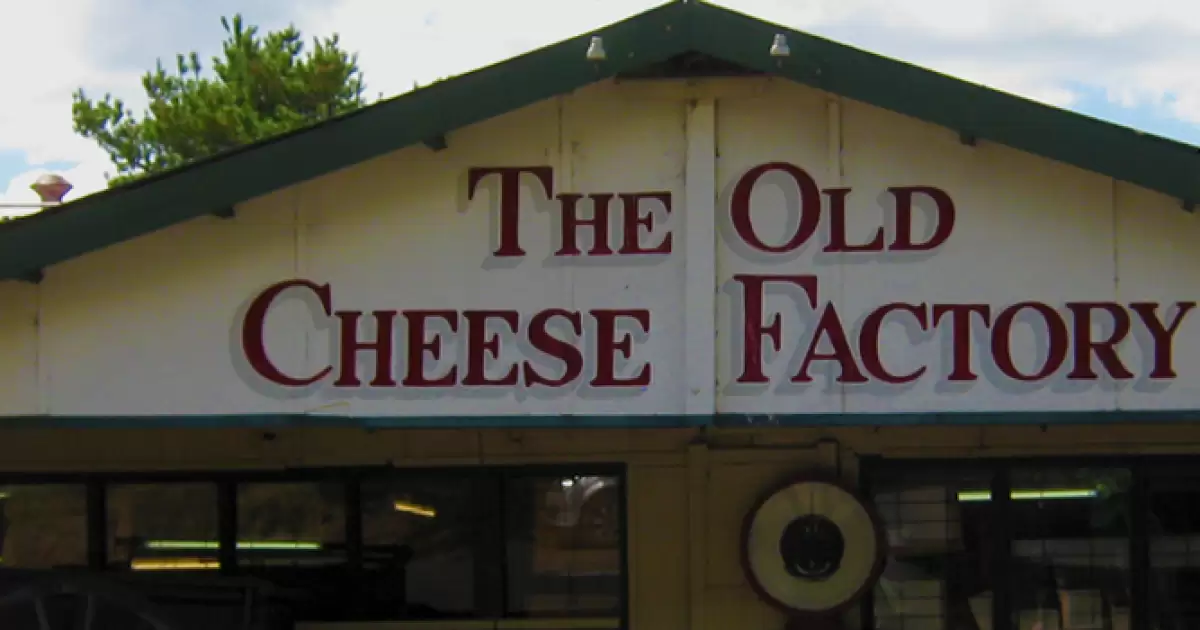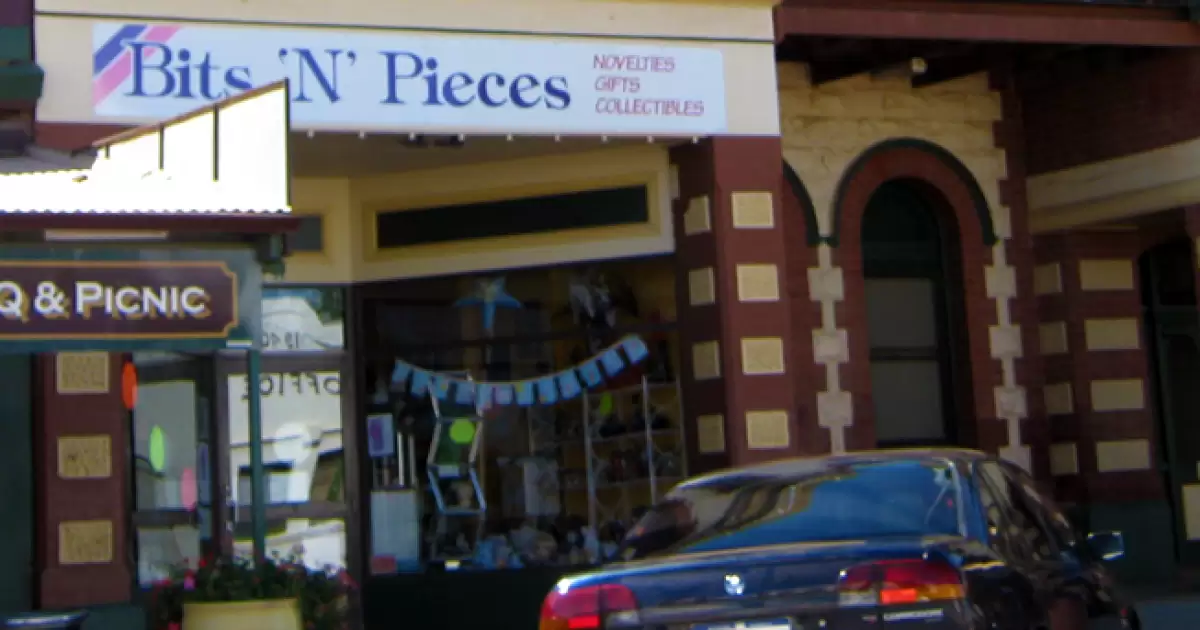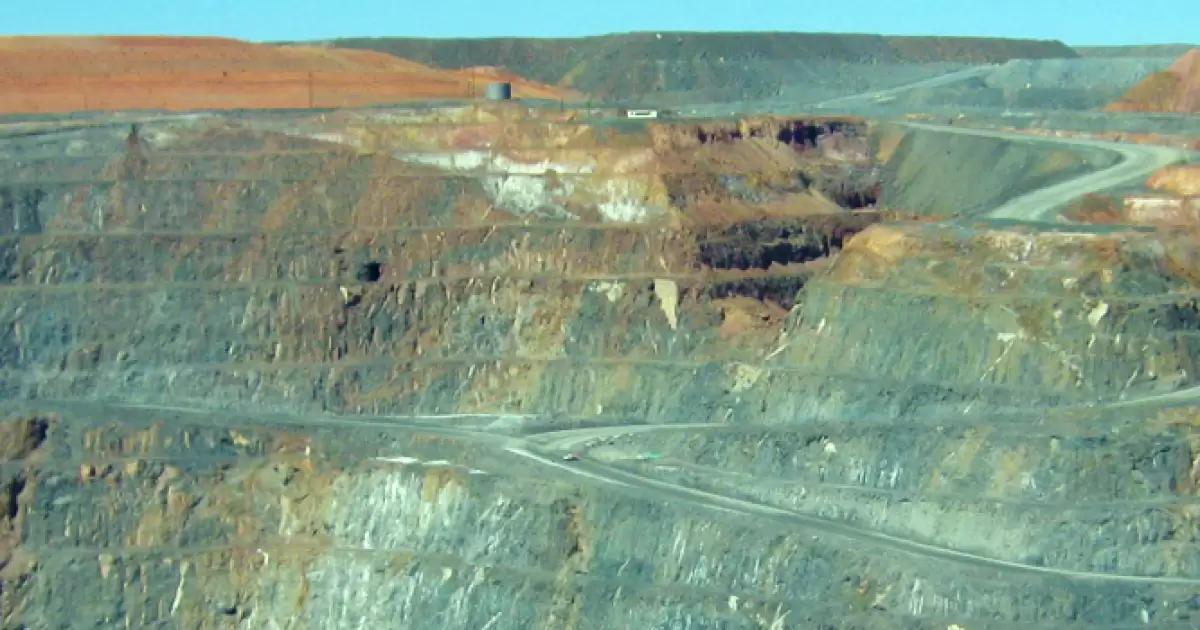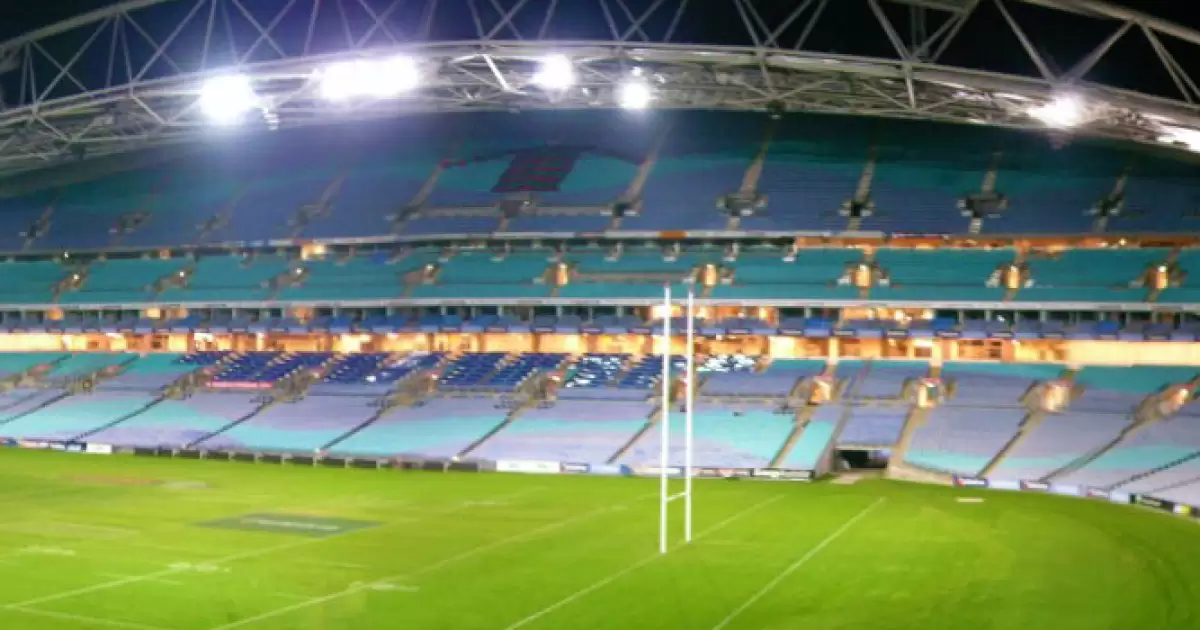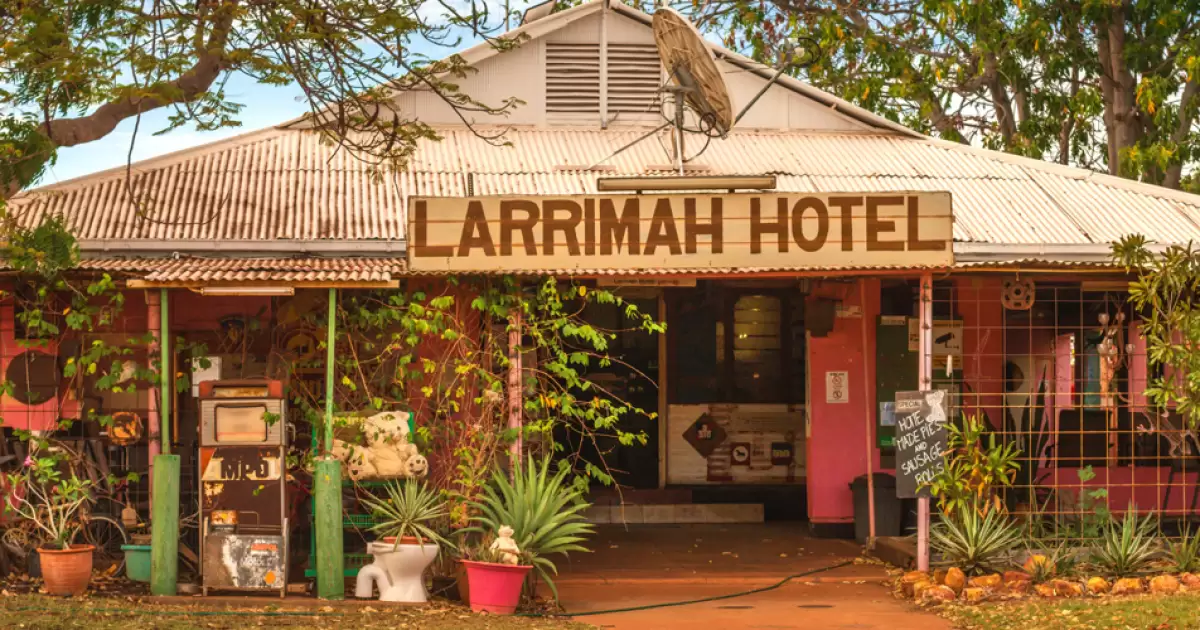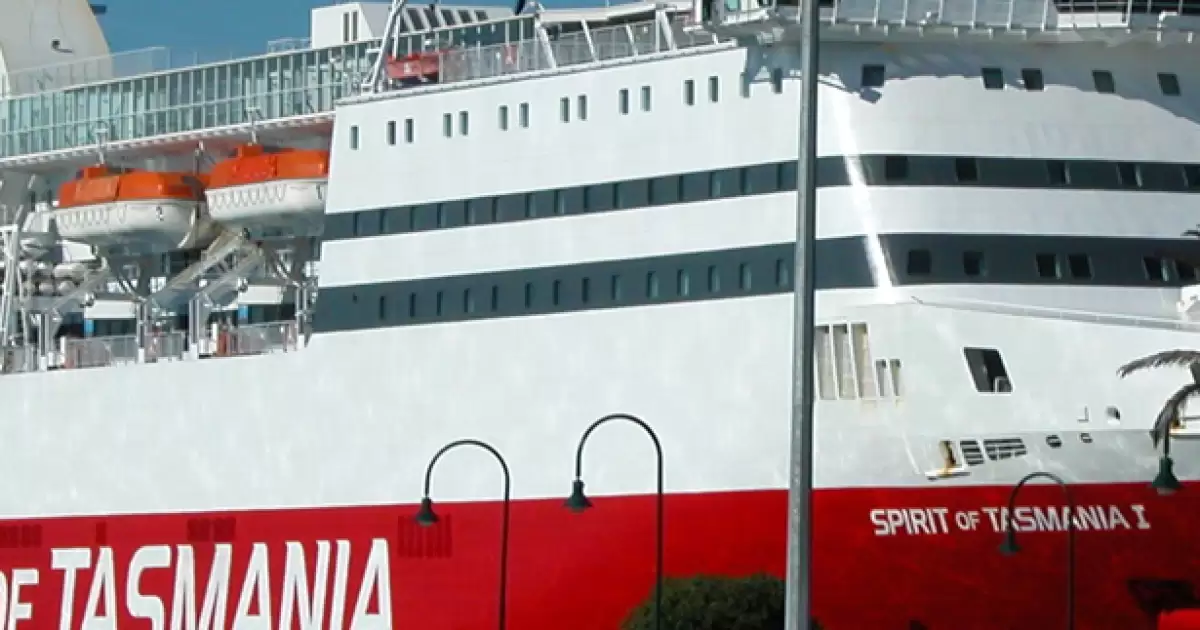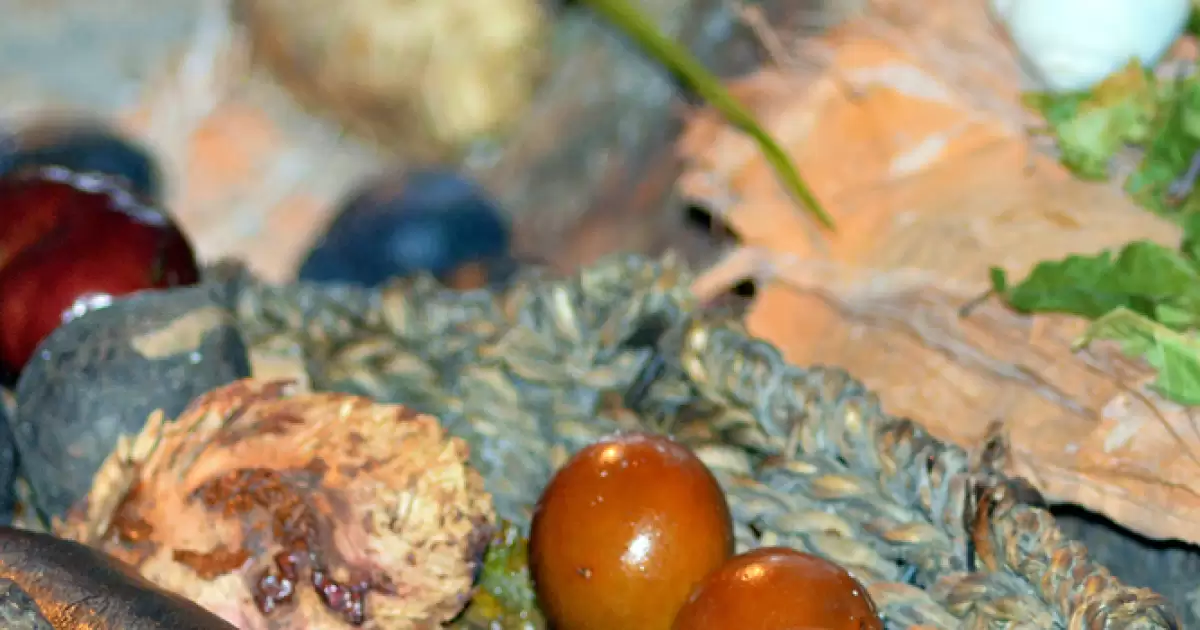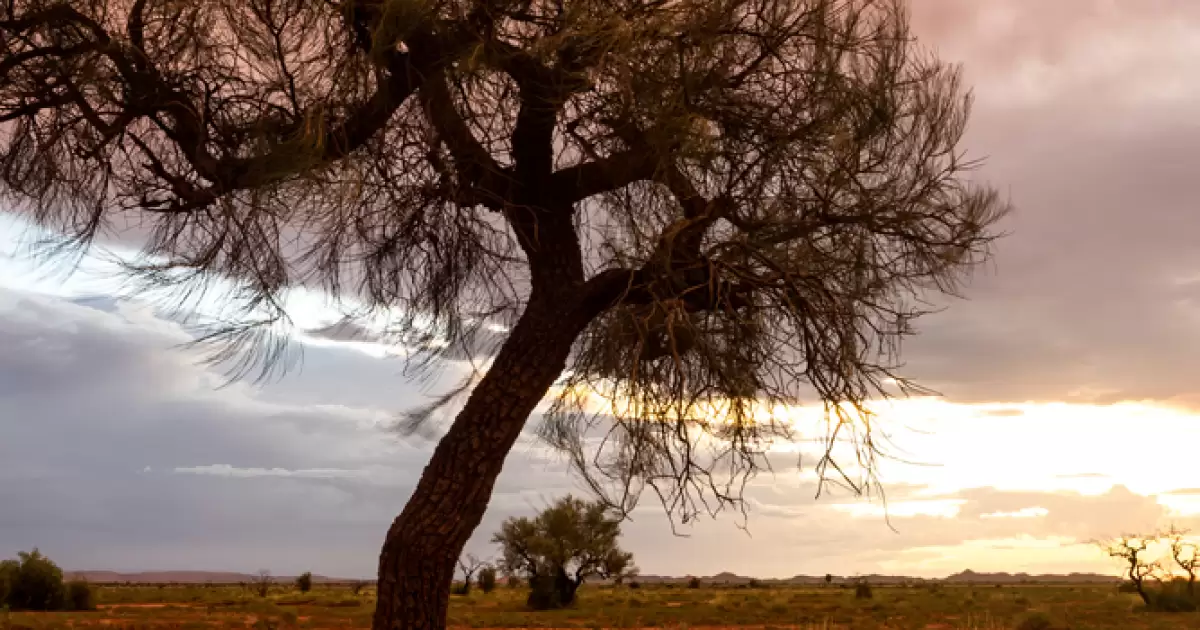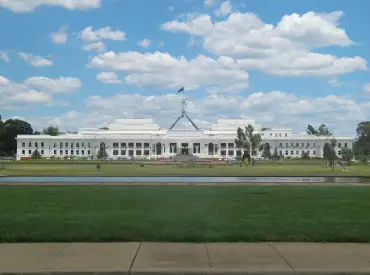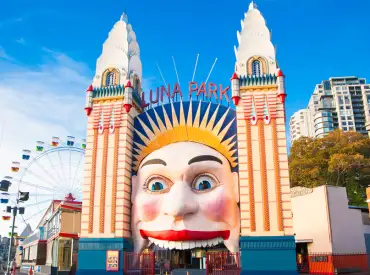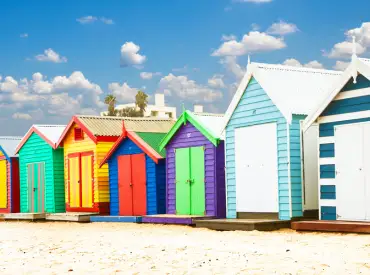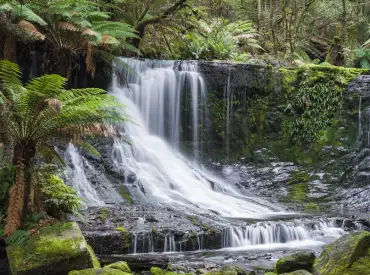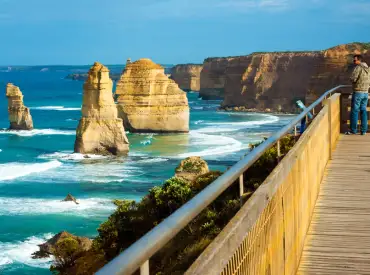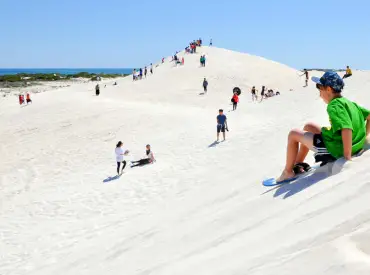In a recent referendum, the Australian public voted 'No' on the proposal to establish a 'Voice to Parliament', an advisory body representing First Nations peoples. This decision has left many Australians, including those advocating for Indigenous rights, wondering what will happen next. While the vote has been met with mixed reactions, it must be respected, and its implications must be carefully considered. Let's explore what the outcome of the referendum means for Indigenous Australians, what steps the government might take next, and what the future might hold for the 'voice to parliament' proposal.
Not the End
The 'Voice to Parliament' proposal was designed to create a more inclusive parliamentary system that recognizes and integrates the needs and interests of Indigenous peoples. While the referendum result suggests that the proposal will not be implemented in its current form, it is important to note that this does not mean the end of pursuing greater Indigenous rights and recognition. Instead, it presents an important opportunity to re-think the initial proposal and work to improve it. This may include reaching out to Indigenous communities to better understand their needs, concerns, and recommendations.
An Alternative Approach
The rejection of the 'voice to parliament' proposal also means that the government will have to choose an alternative approach to consultation and representation of First Nations. It is important that any new approach takes into account the Aboriginal and Torres Strait Islander peoples' unique and diverse cultures, traditions, and circumstances. It should also be flexible enough to allow for the representation of various Indigenous voices and issues across the country. Thus, the government should consult with Indigenous leaders and experts to identify the best path forward.
Continue to Raise Voices
Another question that arises is, what are the implications for Indigenous Australians following this referendum. While the vote result may be disheartening, it should not discourage First Nations peoples from advocating for their rights and participating in the political process. Instead, the result should encourage Indigenous Australians to continue to raise their voices in support of their rights and recognition. It is crucial that they remain engaged in discussions regarding their future and actively participate in government decision-making processes.
Building Bridges
One outcome of the referendum is the possibility of increased division between Indigenous and non-Indigenous Australians. It is essential to redouble our efforts to achieve reconciliation and build bridges of understanding. It is important to recognize that many non-Indigenous Australians genuinely support greater recognition, empowerment, and equality for First Nations peoples. We need to continue working together towards a reconciled, equitable, and respectful society for all Australians.
The outcome of the 'voice to parliament' referendum represents an important moment for First Nations peoples and Australian society at large. While the referendum result has brought mixed reactions, it is crucial that we address the underlying questions and concerns that led to the result. There is still work to be done in achieving greater Indigenous representation, empowerment, and recognition. The important thing is to keep the conversation going, to seek out new opportunities for dialogue and understanding, and to work together towards a more inclusive and equitable society for all Australians.

